- Information
- Location
- Gallery
- Reviews
- Similar Tours
What's included
Tour Description
On the Jebel Al Akhdar Tour we will start by touring the Nizwa Fort and Market before visiting the ruins of the ancient Birkat Al Mauz village. Then we will drive through winding roads from Wadi Al Madeen to Jebel Akhdar to explore the fruit orchards and villages there.
The tour begins as we travel from Muscat towards the Nizwa region where we will first visit the famous Nizwa Fortfor a tour. This seventeenth century fort, is one of the best representatives of the architecture of its time and is famous for its circular main tower, one of the largest of its kind. After the tower, we make a quick visit to the Nizwa Souq (marketplace). You will find many interesting items at the Nizwa market; from traditional khanjars (daggers), to local handicrafts and jewellery. If you visit on a Friday you can even witness a cattle auction here. We then head towards the abandoned ruins of the village of Birkat Al Mauz, also referred to as Birkat Al
Mawz or Birkat Al Mouz. Its name can be translated as ‘Banana Pool’ and the village was named after the vast banana plantations that once thrived here. Though its’ remained abandoned for more than half a century, the village structures of the village are mostly intact and the ruins offer an insight in to the lives of common Omani villagers of the past. Situated at the foothills of Jebel Akhdar (Green Mountains),
the village is home to the ancient Aflaj irrigation system which is labelled as UNESCO World heritage.
We can enjoy a pleasant walk through the oasis and the date plantations here before to Wadi Al Madreen.
From here we follow a winding road over a stretch of 36km that leads us up the mountainside up to Jebel Akhdar which stands at a height of 2000m above sea level. The lush greenery and the cool climes on the drive here shows us why it is called the green jewel of the Al Hajjar mountain ranges. Jebel Al Akhdar is famous for its Fruit Orchards, laid out in a step farming or terrace plantation style along the slopes of mountains. These plantations are watered by the abundant natural springs and Aflaj system consisting of multiple Falaj sets. A large variety of fruit trees can be seen growing here including Peaches, Apricots, Figs, Grapes, Apples, Pears, Plums, Almonds, and Walnuts; The region is particularly renowned for the superb quality of Pomegranate it produces.
We will visit the villages of Saiq, Wadi Bani Habib (the village of the old houses) & Al Ain on our journey. The villages overlook a spectacular landscape of dramatic peaks, Gorges and Wadis. During the months of March and April the air is heavy with the scent of roses as they bloom across the entire place. During season we can even watch rose water being distilled in the homes of the villagers.
Post this we head to the Jebel Akhdar hotel for lunch. We then return to Muscat where this tour ends.


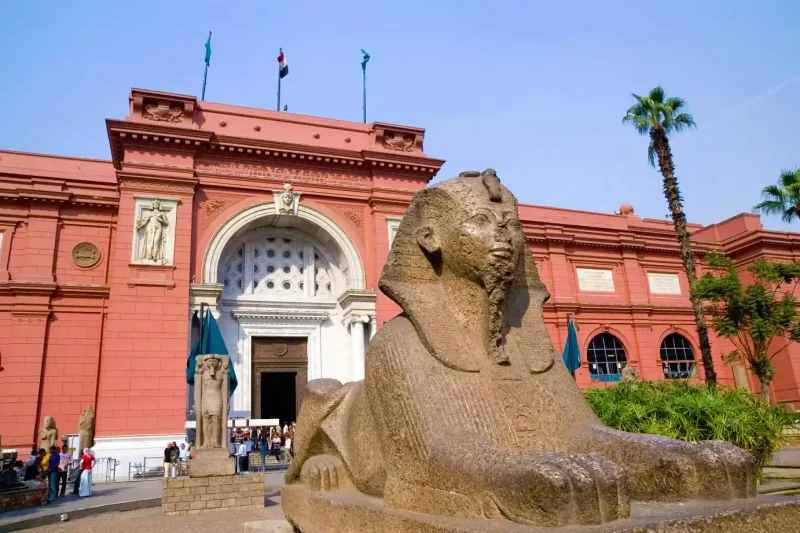
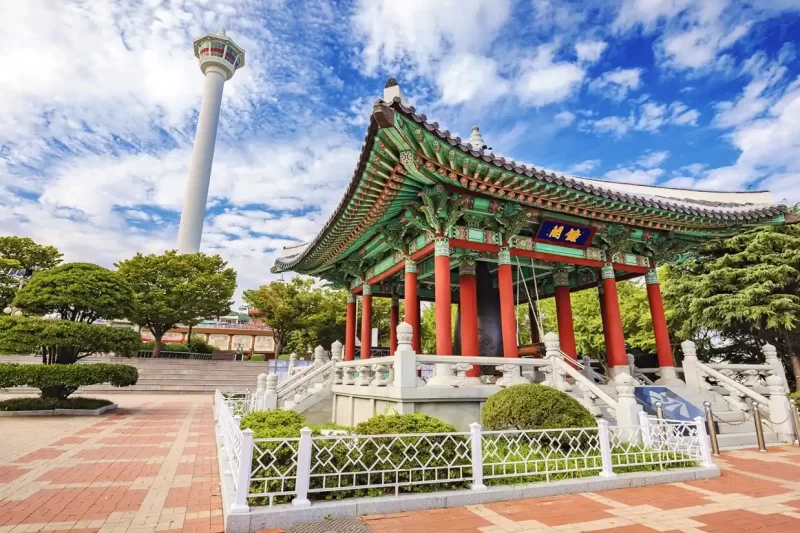
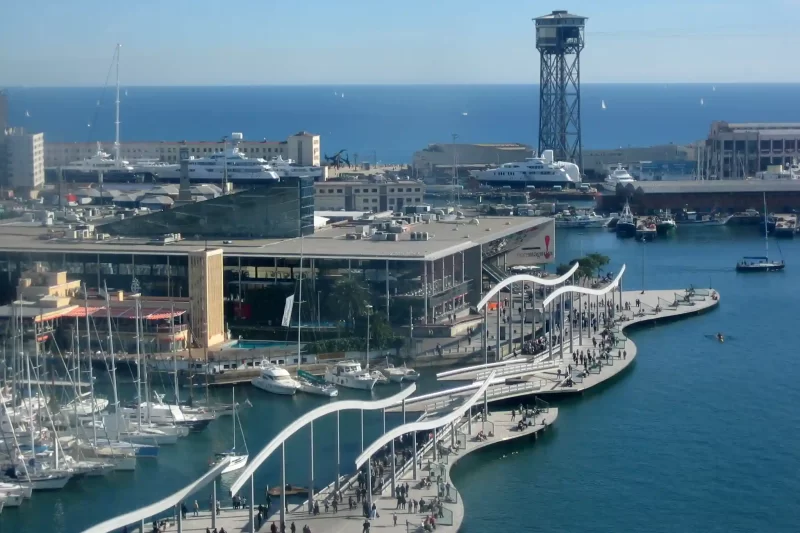
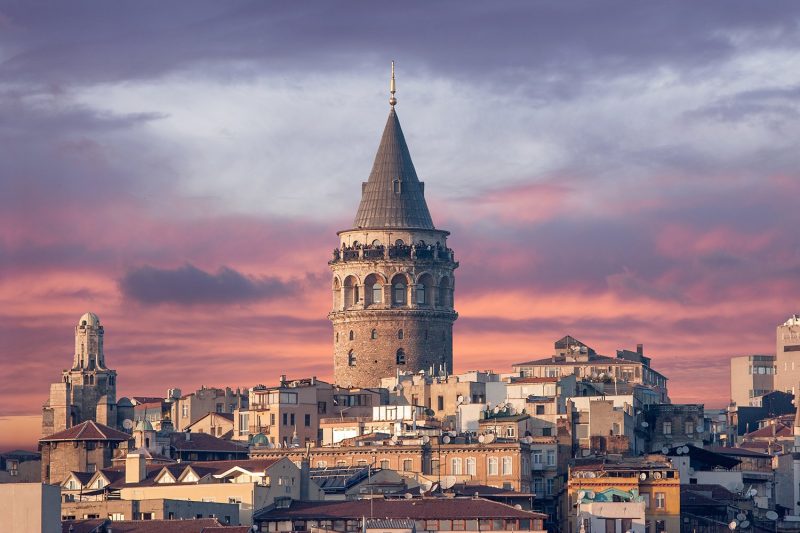
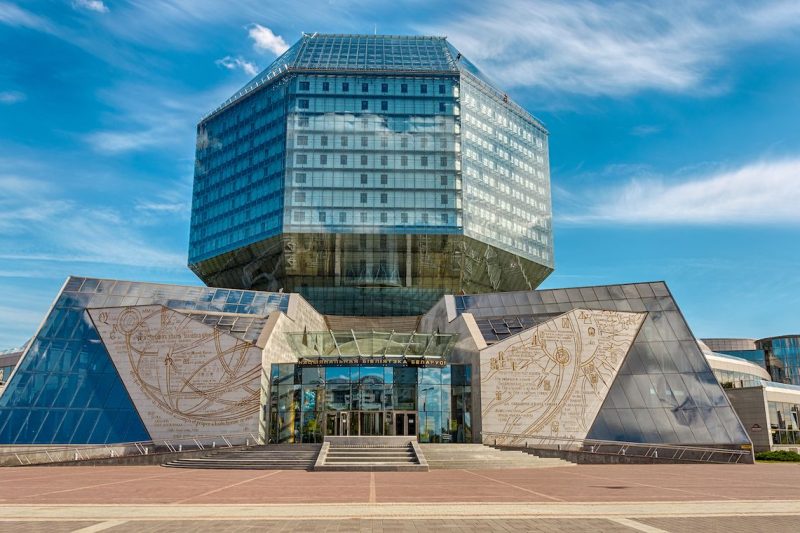
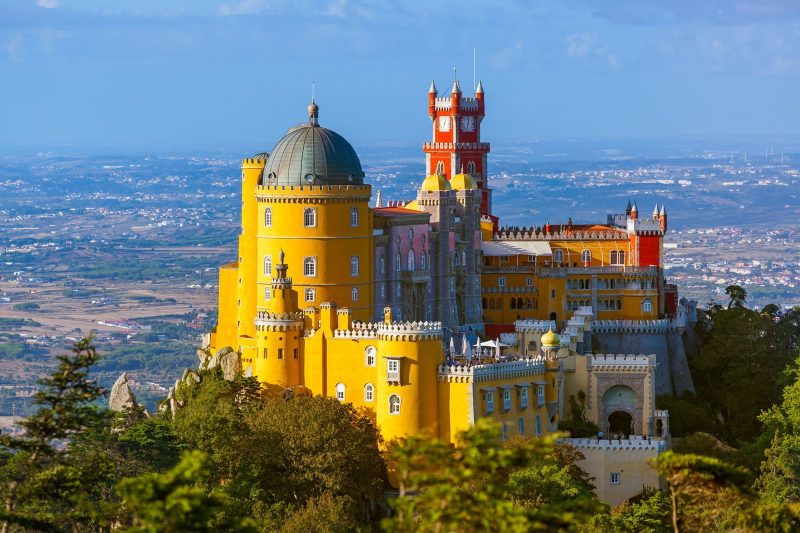

There are no comments yet.